
Mount Ramelau: The Majestic Peak of Timor-Leste
Mount Ramelau, also known as Tatamailau, is the highest peak in Timor-Leste, standing at 2,963 meters above sea level. It is not just a marvel of nature but also a place of cultural and spiritual significance. The mountain is located in the district of Ainaro and is a popular pilgrimage site, especially for the Timorese people during the annual Feast of Our Lady of Aitara. The trek to the summit of Mount Ramelau is an adventure in itself. The hike usually starts from the village of Hato Bulico, and it takes about 3 to 4 hours to reach the top. The path is well-marked and offers stunning views of lush valleys, traditional villages, and, on clear days, the distant sea. Many visitors choose to start their climb in the early hours of the morning to catch the breathtaking sunrise from the summit. At the top, you will find a statue of the Virgin Mary, a focal point for pilgrims. The panoramic views from the summit are simply awe-inspiring, offering a sweeping vista of Timor-Leste's rugged landscape. The area is rich in unique flora and fauna, making it a delight for nature enthusiasts. Whether you are a seasoned hiker or a casual traveler, Mount Ramelau offers a unique and enriching experience.
Local tips in Mount Ramelau
- Start the hike early to catch the sunrise from the summit.
- Pack warm clothing, as temperatures can drop significantly at higher altitudes.
- Bring sufficient water and snacks, as there are no facilities along the trail.
- Hire a local guide for a richer cultural experience and to ensure you don't miss any key sights.
- Respect local customs and traditions, especially if you visit during a pilgrimage.
When is the best time to go to Mount Ramelau?
Iconic landmarks you can’t miss
Tatamailau
Experience the breathtaking heights of Tatamailau, Timor-Leste's highest peak, where adventure meets cultural heritage in stunning natural beauty.
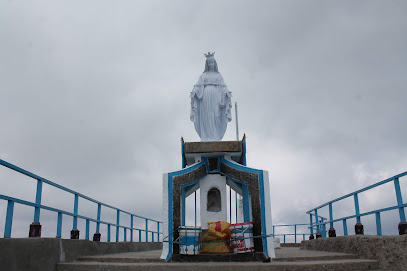
Statua Santa Maria Auxiladora ,Ramelau
Explore the spiritual and scenic beauty of Statua Santa Maria Auxiladora on Monte Ramelau, a captivating destination for all travelers in Timor-Leste.
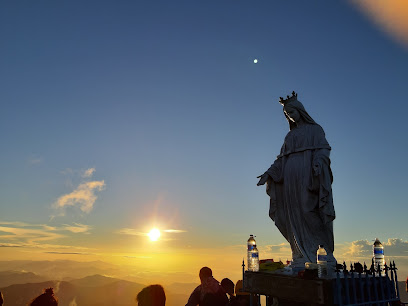
Mt. Ramelau Chapel
Discover the tranquil Mt. Ramelau Chapel, a serene retreat in Atsabe, East Timor, where nature and spirituality harmoniously blend.
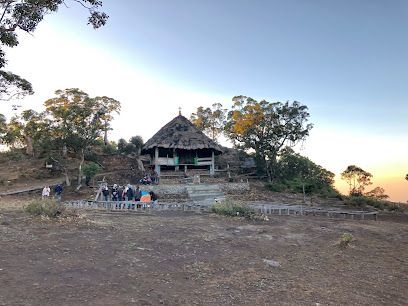
Ramelau
Discover the stunning beauty and cultural richness of the Ramelau Mountain Range in Timor-Leste, an adventure paradise for nature lovers and explorers alike.

Unmissable attractions to see
Timorese Resistance Archive & Museum
Explore East Timor's rich history at the Timorese Resistance Archive & Museum, a must-visit for history lovers and cultural enthusiasts.
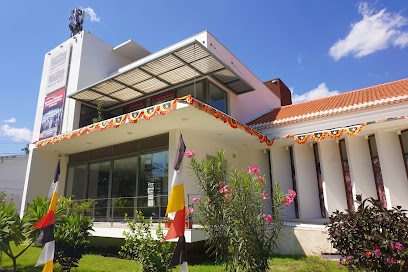
Tatamailau
Explore the breathtaking heights of Tatamailau, East Timor's highest peak, where adventure awaits amidst stunning landscapes and rich cultural heritage.
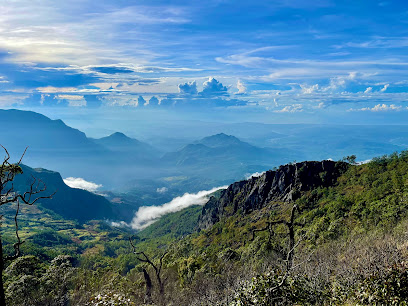
Tais Market
Discover the vibrant culture of Timor-Leste at Tais Market in Dili, where traditional crafts and local flavors come alive.
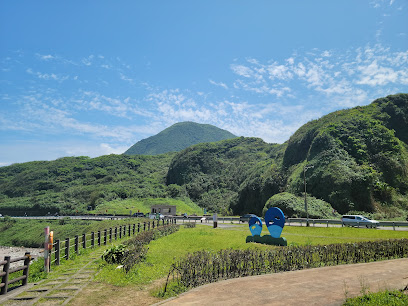
Dare Memorial Museum and Cafe
Experience culture and cuisine at the Dare Memorial Museum and Cafe, where history meets a delightful cafe atmosphere in the heart of Dare.
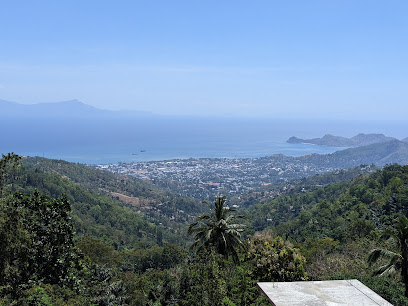
Largo de Lecidere
Discover the tranquility of Largo de Lecidere, a beautiful park in Dili offering lush landscapes, local culture, and breathtaking views.
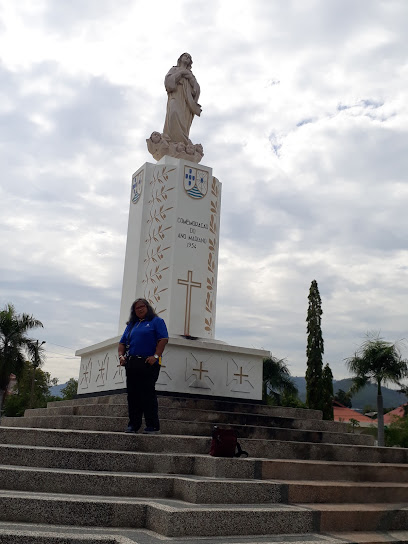
Dolok Oan (Cristo Rei Back Beach)
Experience the tranquil beauty of Dolok Oan, a hidden gem in Dili known for its pristine beaches and captivating sunsets.
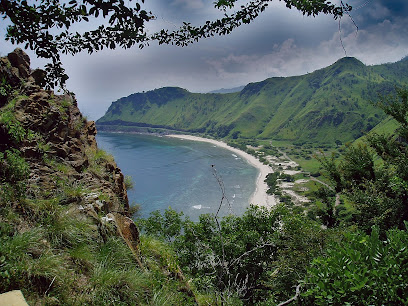
Tibalau Maubara
Experience the tranquility and natural beauty of Tibalau Maubara, a national reserve in Timor-Leste, perfect for nature lovers and cultural explorers.
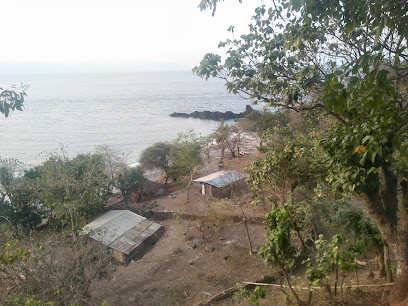
Mota Bandera/ Bandera falls
Explore Mota Bandera Falls, a stunning natural wonder in Timor-Leste, where cascading waters and lush landscapes create an unforgettable escape into nature.
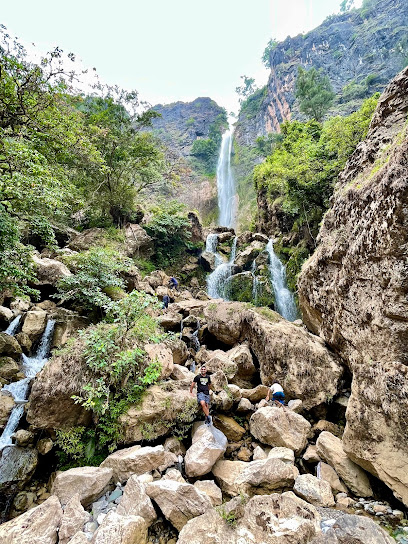
Fleixa alto
Explore Fleixa Alto in Aituto, Timor-Leste—a serene tourist attraction perfect for nature lovers and adventure seekers alike.
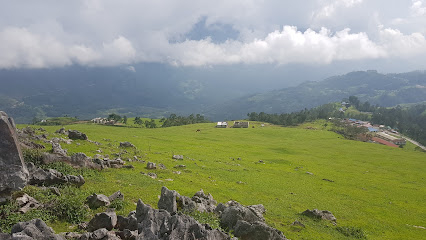
Pousada de Same
Experience the natural beauty and rich culture of East Timor at the charming Pousada de Same, a perfect retreat for travelers seeking adventure and tranquility.
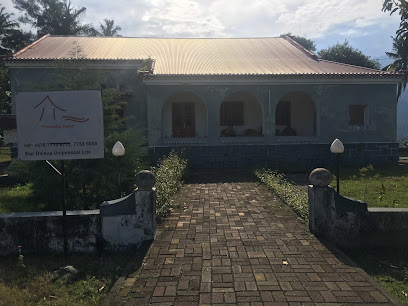
Bob's Rock
Explore Bob's Rock in Uma Caduac, a stunning natural attraction featuring breathtaking views and unique geological formations perfect for nature lovers.
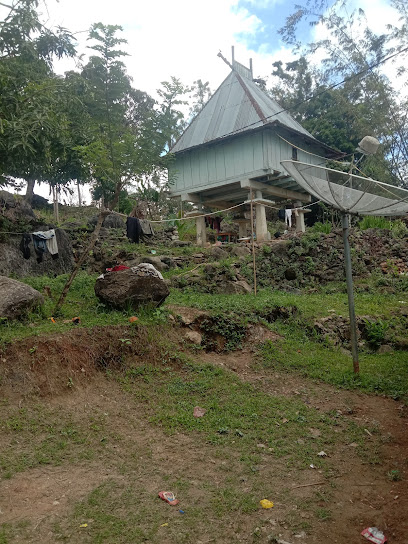
Maubissi Kemping
Explore the serenity of Maubissi Kemping, an enchanting campsite in Timor-Leste surrounded by lush landscapes and rich biodiversity.
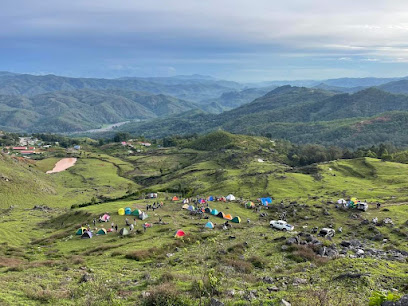
Tokoluli Photo Booth
Discover the playful side of Timor-Leste at Tokoluli Photo Booth, where colorful backdrops and fun photography create lasting travel memories.
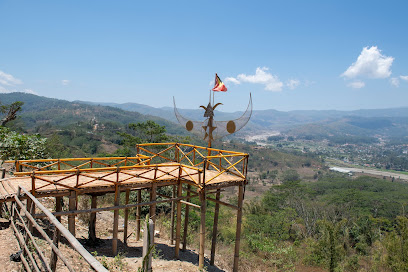
Fatuk Bandeira
Experience the breathtaking views and rich culture at Fatuk Bandeira, a must-visit tourist attraction in Dili, Timor-Leste.
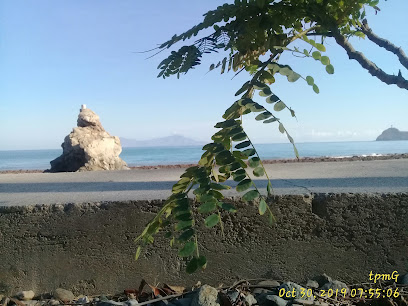
Selfie Hot Spot- Southern Coast
Discover the breathtaking views and vibrant atmosphere of Betano's Selfie Hot Spot, the perfect backdrop for unforgettable vacation memories.

Essential places to dine
Projeto Montanha
Savor the flavors of Timor Leste at Projeto Montanha - a culinary haven in Aileu offering traditional dishes and breathtaking views.
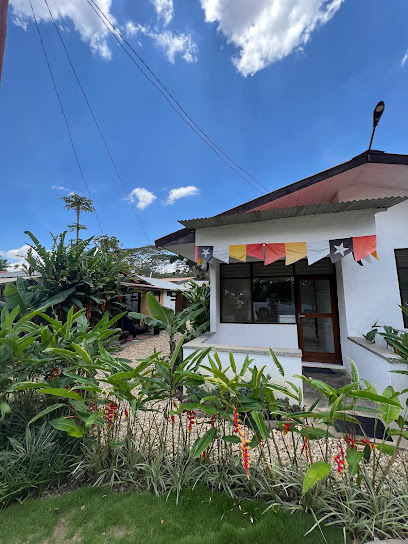
Great Wall Restaurant
Experience authentic Chinese flavors in Díli at Great Wall Restaurant—where every dish tells a story.
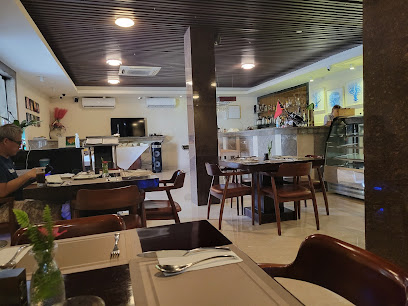
ELACSA Guest House
Discover the charm of Hato Builico at ELACSA Guest House - your perfect blend of comfort, local cuisine, and unforgettable experiences.
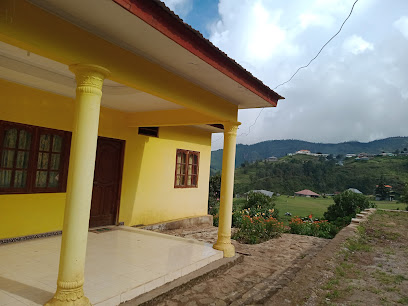
Markets, malls and hidden boutiques
Anzor STAR
Explore local flavors at Anzor STAR, Vila's vibrant grocery store offering a unique blend of Timorese and international products.

Amagai Store
Discover unique apparel and local fashion trends at Amagai Store in Gleno, a must-visit clothing destination for tourists.
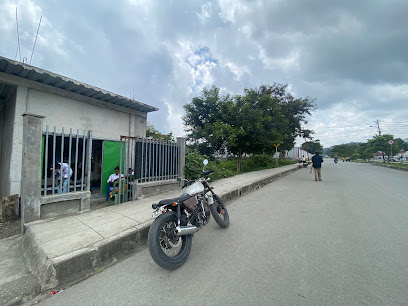
Ida nee Shop
Discover the charm of East Timor through unique souvenirs and handmade crafts at Ida nee Shop in Dili.
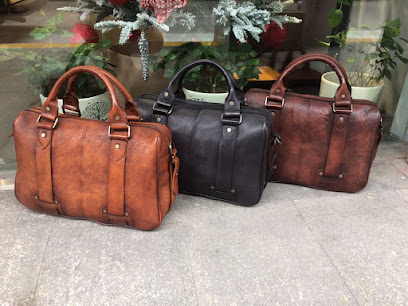
Loja Aimet Rema
Discover the vibrant shopping experience at Loja Aimet Rema in Gleno, where local culture meets retail therapy.

theo household
Explore the Theo Household in Raifusa for a unique selection of cosmetics and an authentic local shopping experience.

Aifunan Laran
Discover unique home goods and local craftsmanship at Aifunan Laran in Ainaro, Timor-Leste, a shop that captures the essence of the region.

LOSPALOS
Experience the charm of Lospalos, Timor-Leste, where local culture meets essential convenience in a picturesque setting.
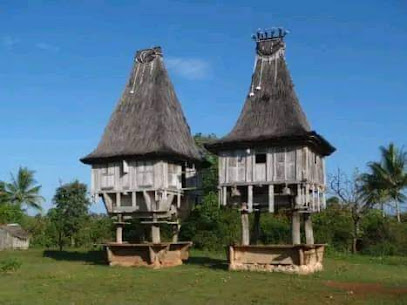
Loja Loelac
Explore Loja Loelac in Gleno for an authentic shopping experience featuring local crafts, unique souvenirs, and a taste of regional culture.

Mistader 2 Lda
Experience the heart of Gleno with unique local products at Mistader 2 Lda, your perfect destination for authentic souvenirs and gifts.

Ykhun Ermera
Discover the rich flavors of local brews at Ykhun Ermera, foho's cozy coffee shop offering a delightful ambiance and exceptional service.

Kios 55
Explore Kios 55 in Atsabe for authentic East Timorese grocery delights and local treasures that reflect the culture of the region.

Nauheti Halibur
Explore Nauheti Halibur for a unique shopping experience in Beremana, Timor-Leste, filled with local products and cultural insights.

Vely
Explore Vely in Same, a grocery store offering a delightful selection of local foods and cultural experiences that showcase the essence of Timorese cuisine.

Sunrise boutique
Explore local fashion at Sunrise Boutique, Aileu's premier clothing store for unique and stylish Timorese attire.

Kiosk
Explore Kiosk in Aileu for a unique shopping experience that showcases local craftsmanship and culture, perfect for tourists seeking authentic souvenirs.

Essential bars & hidden hideouts
Castaway Bar and Restaurant
Experience the perfect blend of relaxation and culinary delight at Castaway Bar and Restaurant in Dili, where stunning views meet delectable flavors.
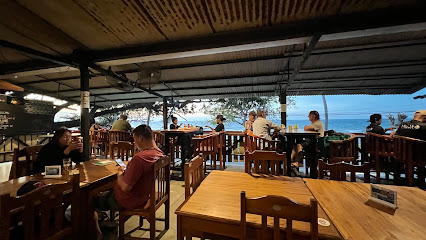
Spooners Bar and Grill
Discover the vibrant atmosphere at Spooners Bar and Grill, where local flavors meet coastal beauty in Díli.
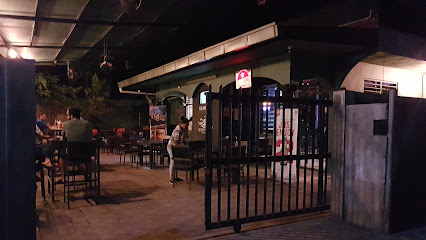
Black Box Cafe and Bar
Discover Dili's nightlife at Black Box Cafe and Bar, where vibrant drinks meet a lively atmosphere in the heart of Timor-Leste's capital.
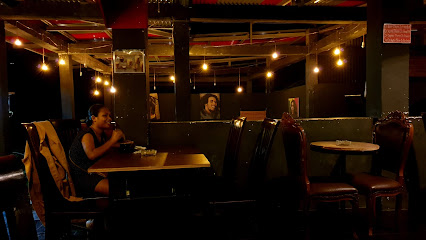
Tower Cafe & Bar
Experience the lively atmosphere and diverse drink menu at Tower Cafe & Bar, a vibrant hotspot in the heart of Dili.
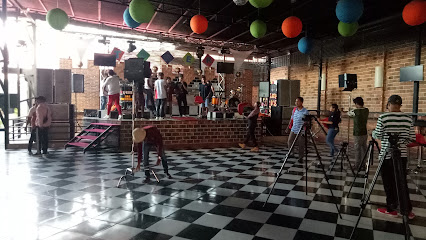
Olé Bar & Tapas
Discover the lively Olé Bar & Tapas in Dili, where delicious tapas and a vibrant atmosphere come together for an unforgettable experience.
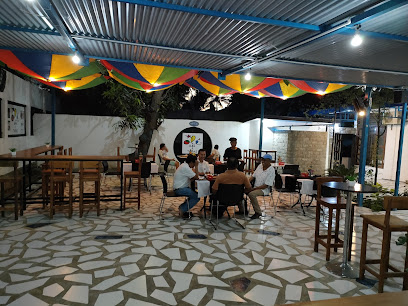
Ponkys Cocktail Lounge
Discover the vibrant atmosphere and expertly crafted cocktails at Ponkys Cocktail Lounge, a must-visit destination in Dili's nightlife scene.
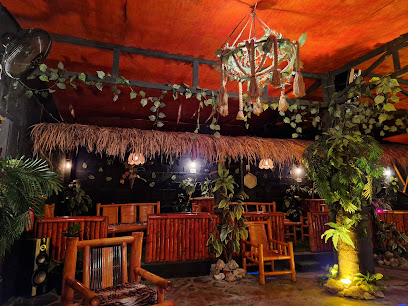
Incanto Coffee & Bar
Discover a cozy retreat at Incanto Coffee & Bar in Nain Feto, where artisanal coffee meets a warm, inviting atmosphere.
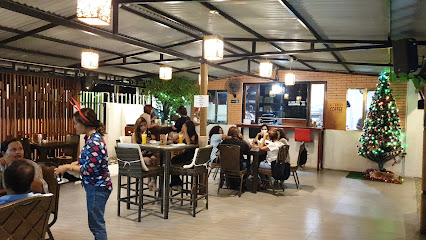
Reggae Bar
Discover the Reggae Bar in Dili, a vibrant spot for tourists to relax, savor local drinks, and enjoy authentic music in a lively atmosphere.

ARMY MADRUGADA
Dive into the lively nightlife at Army Madrugada, a must-visit karaoke bar in Díli, blending fun, music, and local culture.
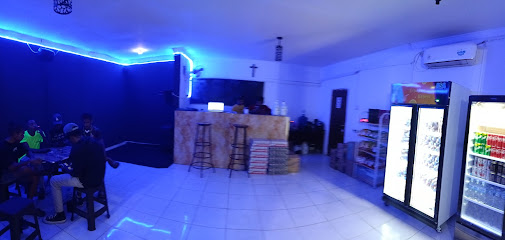
Cantinho dos Manos
Discover the vibrant nightlife at Cantinho dos Manos, a cozy bar in Dili offering refreshing drinks and a welcoming atmosphere for tourists.
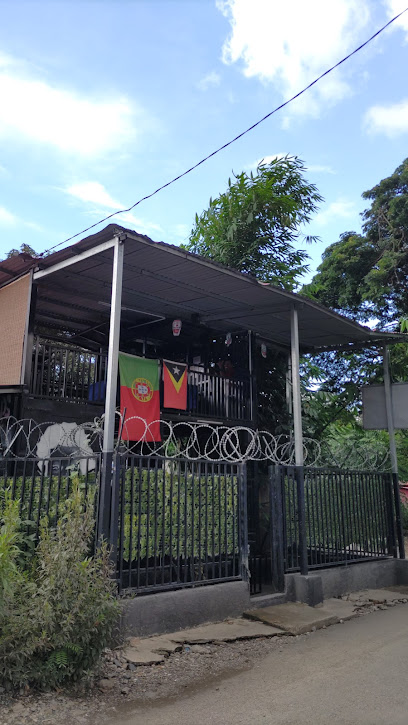
Liquor Saksaur
Discover the vibrant nightlife at Liquor Saksaur, Ainaro's top bar for drinks, culture, and unforgettable experiences.
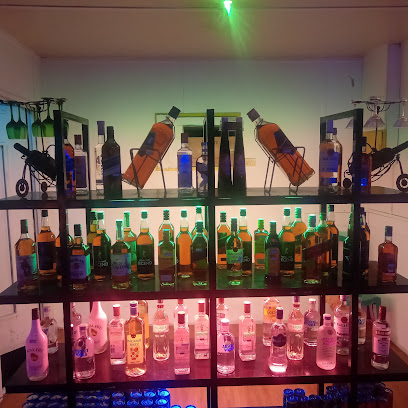
Amaral Bar
Immerse yourself in Dili's nightlife at Amaral Bar, where local drinks, live music, and a friendly atmosphere await.

Mozy Hop
Experience the lively atmosphere and vibrant drink selection at Mozy Hop, Gleno's top bar for locals and visitors alike.

Penta home
Discover the vibrant live music scene at Penta Home in Gleno, where local culture and entertainment come together for an unforgettable night out.

Local Phrases about Mount Ramelau
-
- HelloBondia
[bon-dee-ah] - GoodbyeSaer
[sai-air] - YesSim
[seem] - NoLae
[lie] - Please/You're welcomeFavor
[fa-vor] - Thank youObrigadu
[oh-bree-gah-doo] - Excuse me/SorryDeskulpa
[desk-ool-pah] - How are you?Diak ka lae?
[dyak ka lie] - Fine. And you?Diak. O ita?
[dyak. oh ee-tah] - Do you speak English?Ita ko'alia Ingles?
[ee-tah koh-ah-lee-ah een-glez] - I don't understandHau la kompriende
[how lah kom-pree-en-day]
- HelloBondia
-
- I'd like to see the menu, pleaseHau hakarak hare menu, favor
[how hah-kah-rak hah-reh men-oo, fa-vor] - I don't eat meatHau la hakaas karne
[how lah hah-kahs kahr-nay] - Cheers!Saude!
[sow-day] - I would like to pay, pleaseHau hakarak selu, favor
[how hah-kah-rak say-loo, fa-vor]
- I'd like to see the menu, pleaseHau hakarak hare menu, favor
-
- Help!Tula!
[too-lah] - Go away!Ba daku!
[bah dah-koo] - Call the Police!Telefona Polisia!
[teh-leh-foh-nah poh-lee-see-ah] - Call a doctor!Telefona dotora!
[teh-leh-foh-nah doh-toh-rah] - I'm lostHau mate
[how mah-tay] - I'm illHau dook
[how dook]
- Help!Tula!
-
- I'd like to buy...Hau hakarak hola...
[how hah-kah-rak hoe-lah] - I'm just lookingHau deit hare
[how dayt hah-reh] - How much is it?Kuantu ba?
[kwan-too bah] - That's too expensiveIda ne'e diak ki'ik liu
[ee-dah nay dee-ahk kee-ee-k lee-oo] - Can you lower the price?Ita bele hamenus presu?
[ee-tah beh-lay hah-may-noos pray-soo]
- I'd like to buy...Hau hakarak hola...
-
- What time is it?Tuku kalan?
[too-koo kah-lahn] - It's one o'clockKalan ida
[kah-lahn ee-dah] - Half past (10)Tuku nulu resin
[too-koo noo-loo reh-seen] - MorningManha
[mahn-yah] - AfternoonTarde
[tar-day] - EveningKalan laran
[kah-lahn lah-rahn] - YesterdayHoriseik
[ho-ree-sayk] - TodayOhin
[oh-heen] - TomorrowAban
[ah-bahn] - 1Ida
[ee-dah] - 2Rua
[roo-ah] - 3Tolu
[toh-loo] - 4Haat
[haht] - 5Lima
[lee-mah] - 6Neen
[nane] - 7Hitu
[hee-too] - 8Ualu
[wah-loo] - 9Sia
[see-ah] - 10Sanulu
[sah-noo-loo]
- What time is it?Tuku kalan?
-
- Where's a/the...?Iha nebe...?
[ee-hah neh-beh] - What's the address?Enderecu saida?
[en-deh-reh-soo sah-ee-dah] - Can you show me (on the map)?Ita bele hatudu hau (iha mapa)?
[ee-tah beh-lay hah-too-doo how (ee-hah mah-pah)] - When's the next (bus)?Tuku tuir
[too-koo twear] - A ticket (to ....)Biletu (ba ....)
[bee-lay-too (bah)]
- Where's a/the...?Iha nebe...?
History of Mount Ramelau
-
Mount Ramelau, known locally as Tatamailau, has been a sacred site for the indigenous Timorese people for centuries. It holds spiritual significance and is often associated with ancestral worship. The mountain has long been a place where locals conduct rituals to honor their ancestors and seek blessings for their communities.
-
During the Portuguese colonial period, Mount Ramelau served as a natural fortress and point of resistance against the colonizers. The rugged terrain made it a strategic location for local resistance fighters. The Portuguese also introduced Christianity to the region, and the mountain became a site for religious pilgrimages, particularly after the installation of the statue of the Virgin Mary at its peak.
-
From 1975 to 1999, Timor-Leste was occupied by Indonesia. Mount Ramelau played a significant role as a base for FALINTIL (Armed Forces for the National Liberation of East Timor) guerrilla fighters. The mountain's challenging landscape provided a sanctuary for those fighting for independence, making it a symbol of resistance and resilience.
-
In 1997, a large statue of the Virgin Mary, known as Our Lady of Aitara, was erected at the summit of Mount Ramelau. This statue stands as a symbol of faith and hope for the people of Timor-Leste. The statue's installation has turned the mountain into a significant pilgrimage site, especially during the annual Feast of the Immaculate Conception on December 8th.
-
After Timor-Leste gained independence in 2002, Mount Ramelau has continued to be a site of cultural, religious, and historical importance. It attracts both locals and tourists who visit to pay homage, hike, and experience the breathtaking views from the highest peak in Timor-Leste. The mountain remains a symbol of national pride and cultural heritage.
Mount Ramelau Essentials
-
Mount Ramelau, also known as Tatamailau, is located in the Ainaro District of Timor-Leste. The closest major city is Dili, the capital of Timor-Leste. From Dili, you can take a bus or hire a private car to Hatubuilico, the nearest town to Mount Ramelau. The journey from Dili to Hatubuilico takes approximately 3 to 4 hours by road. Once in Hatubuilico, the trailhead to Mount Ramelau is within walking distance.
-
Transportation options in the area are limited. In Dili, you can find buses and microlets (shared minivans) that travel to various parts of the country, including Hatubuilico. For more convenience, especially if traveling with a group or heavy gear, hiring a private car or a 4x4 vehicle is recommended. Local taxis are also available but may be less reliable for long-distance travel.
-
The official currency of Timor-Leste is the US Dollar (USD). Credit cards are accepted in some establishments in Dili but are rarely used in rural areas like Hatubuilico. It is advisable to carry enough cash for your trip, as ATMs are scarce outside the capital. Make sure to have smaller denominations for easier transactions.
-
Mount Ramelau and its surrounding areas are generally safe for tourists. However, it is always best to take standard precautions. Avoid displaying valuable items and keep your belongings secure. Petty theft can occur, especially in crowded areas. While there are no specific high-crime areas targeting tourists, it's advisable to stay vigilant and aware of your surroundings.
-
In case of an emergency, dial 112 for emergency services. The nearest medical facilities are in Maubisse, about an hour's drive from Hatubuilico. For serious medical emergencies, it may be necessary to return to Dili, where better-equipped hospitals are located. Carry a basic first aid kit and ensure that your travel insurance covers medical emergencies.
-
Fashion: Do dress modestly, especially in rural and religious areas. Avoid wearing revealing clothing. Religion: Do respect local customs and traditions. Remove your shoes and cover your head when entering religious sites. Public Transport: Do be respectful and offer your seat to elderly passengers. Don’t eat or drink on public transport. Greetings: Do greet people with a smile and a handshake. A slight bow is also appreciated. Eating & Drinking: Do try local dishes and accept food offerings graciously. Don’t refuse hospitality, as it is considered impolite.
-
To experience Mount Ramelau like a local, consider staying in a homestay in Hatubuilico, where you can interact with the local community and learn about their way of life. Engage with locals, who are often friendly and willing to share stories about their culture. Join local ceremonies or festivals if you have the chance. Don’t forget to try local foods such as 'batar daan' (corn and mung bean stew) and 'ikan sabuko' (grilled fish).
Nearby Cities to Mount Ramelau
-
Things To Do in Ermera
-
Things To Do in Gleno
-
Things To Do in Aileu
-
Things To Do in Bobonaro
-
Things To Do in Dili
-
Things To Do in Suai
-
Things To Do in Baucau
-
Things To Do in Lospalos
-
Things To Do in Darwin
-
Things To Do in Makassar
-
Things To Do in Bali
-
Things To Do in Manado
-
Things To Do in Balikpapan
-
Things To Do in Surabaya
-
Things To Do in Yogyakarta



